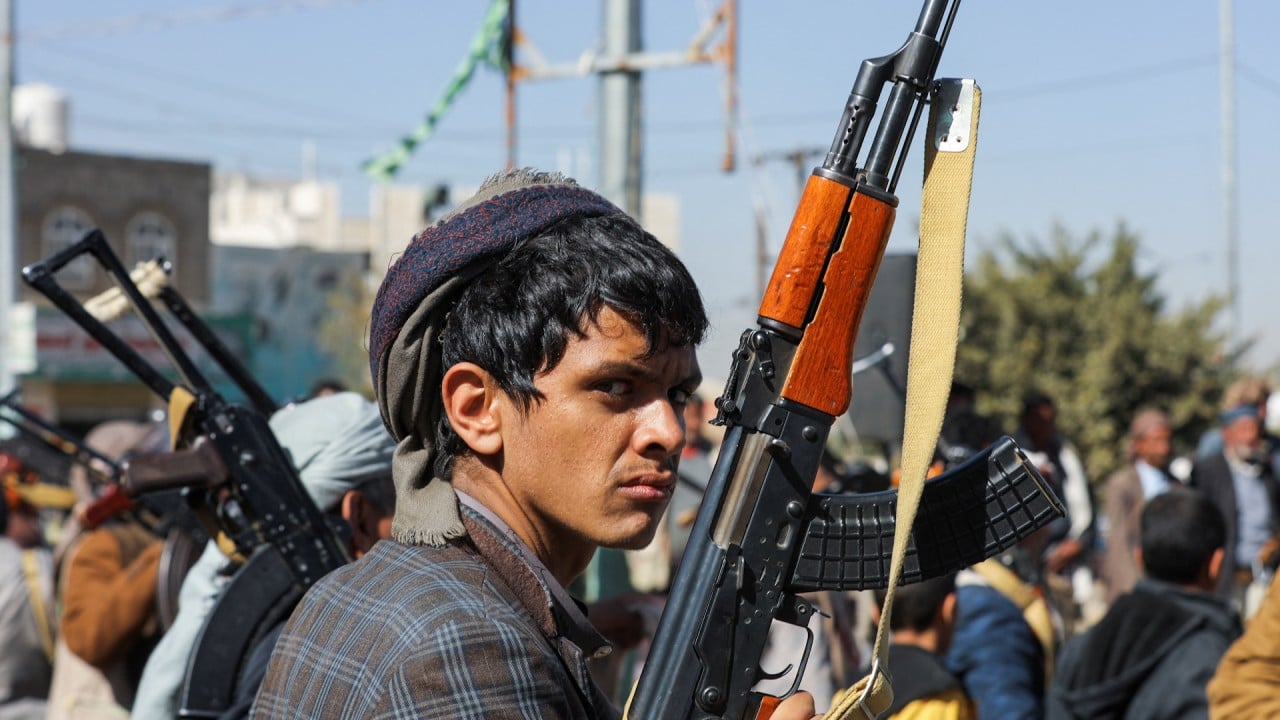Advertisement
Israel-Gaza war closes door on plans for India-Europe connection, paves way for Iraq-Europe road via Turkey
- Work on US$17 billion Iraq Development Road begins in coming months, on an overland corridor linking Iraq’s Persian Gulf coast to Europe via Turkey
- Success of the road depends on Iraq-Turkey ties, which have been fraught over oil exports and militant issues, analysts say
Reading Time:4 minutes
Why you can trust SCMP
0

The Israel-Gaza war has halted plans to connect India and Europe overland through the Middle East but work would soon begin on a rival connectivity corridor linking Iraq’s Persian Gulf coast to Europe via Turkey.
Official work on the US$17 billion Iraq Development Road will begin in earnest in the coming months, after Iraq, Turkey, Qatar and the United Arab Emirates signed a preliminary agreement last month.
International interest in the Iraqi corridor has grown since last year, spurred in particular by Turkey’s frustration at being bypassed by the US-backed U$20 billion India-Middle East-Europe Corridor unveiled at the G20 summit in September.
But the Israel-Gaza war has put the connectivity of the corridor’s eastern Mediterranean leg into “sharp question”, said Kristian Coates Ulrichsen, Middle East fellow at Rice University’s Baker Institute for Public Policy in the US.
The war has also made vessels traversing the Red Sea vulnerable to attacks by Yemen’s Iran-backed Houthis, resulting in renewed interest in alternative overland routes such as Iraq’s Development Road.
Closing ranks
The success of the Iraq Development Road also depends on a marked improvement in Iraq-Turkey ties, which have been “fraught for the past decade”, said Rich Outzen, a former senior policymaker at the Pentagon and the US State Department.
Advertisement
